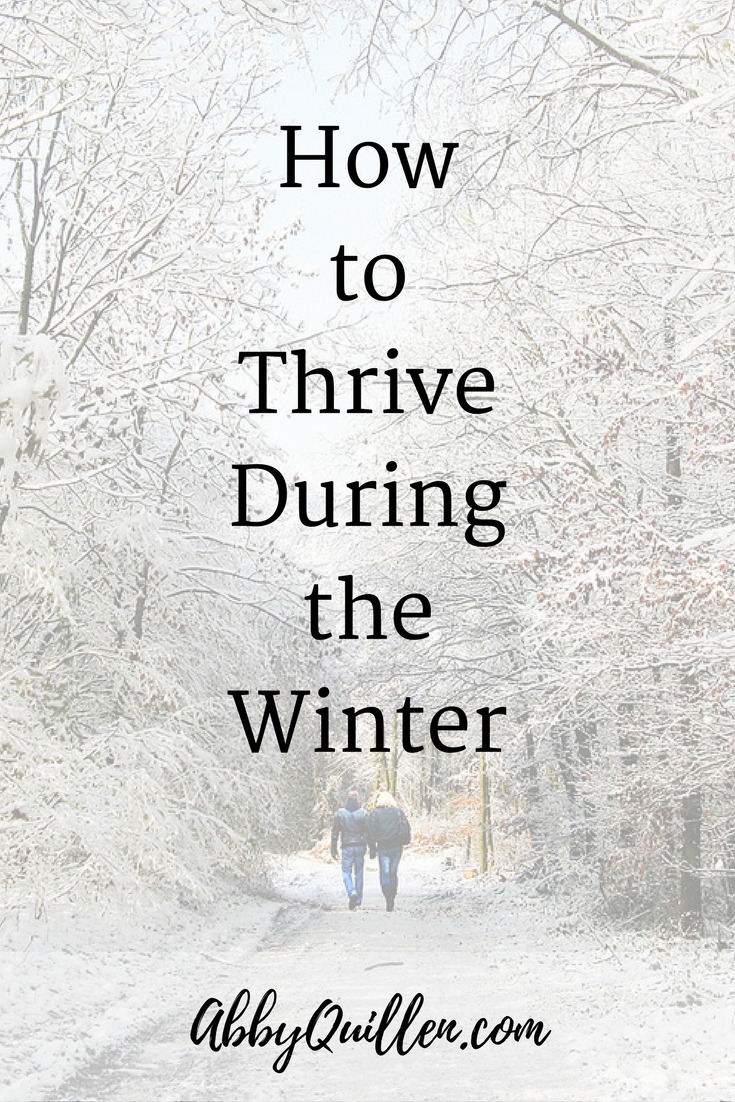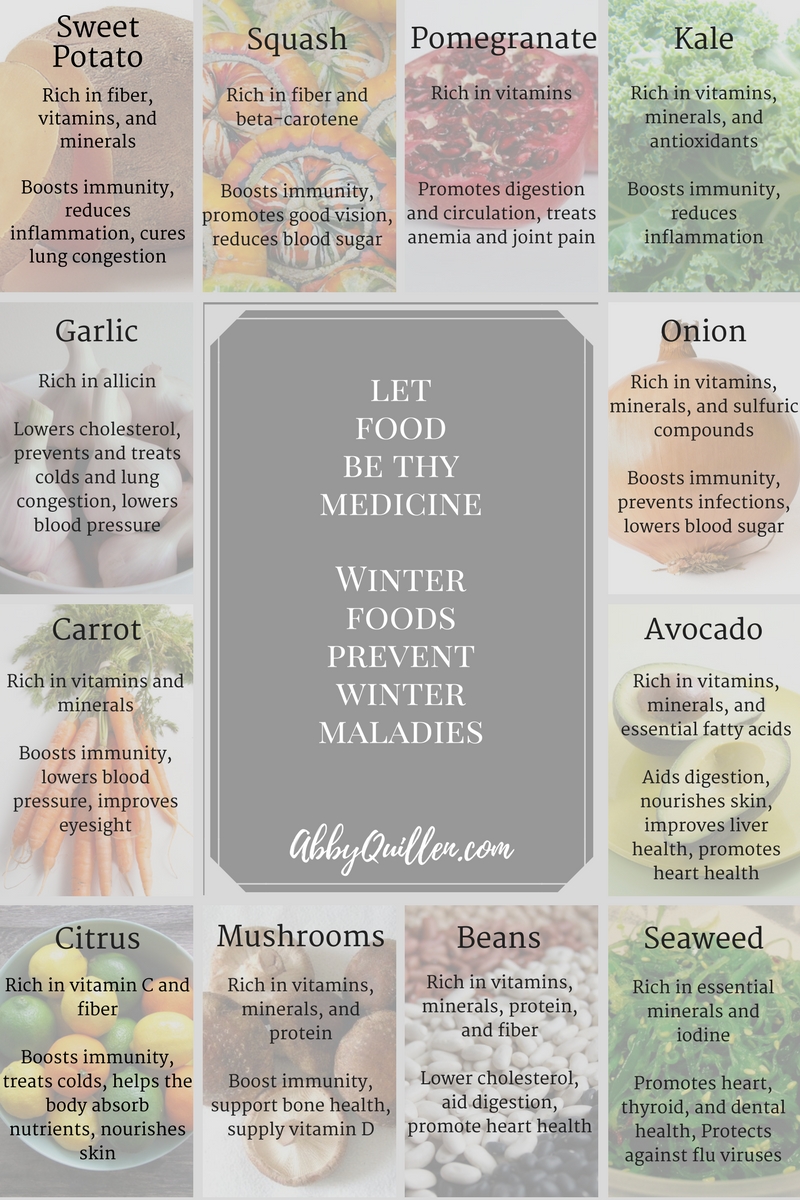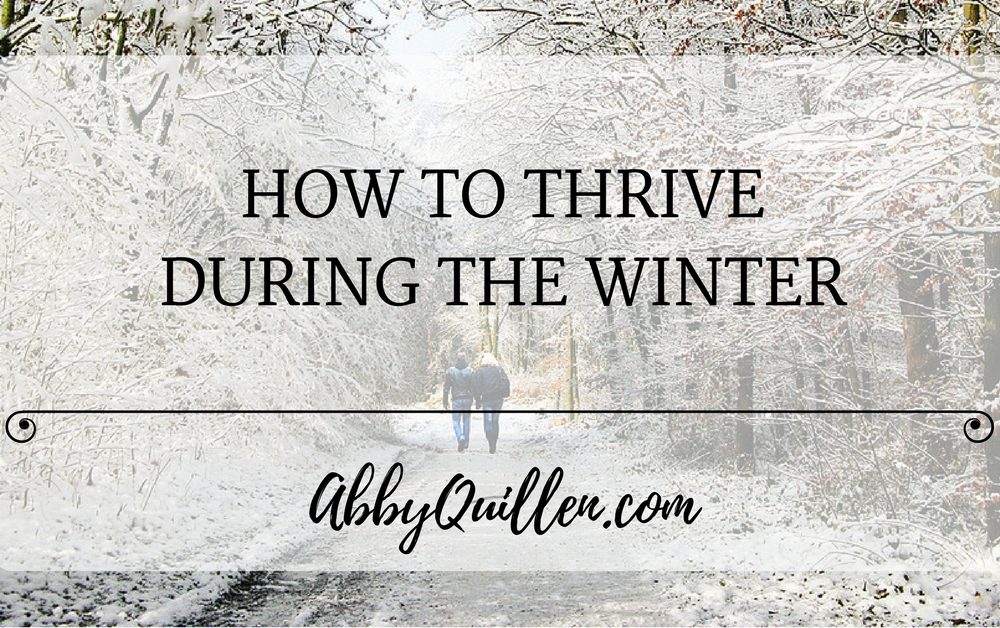Chances are, winter’s not your favorite season. Only 11 percent of people prefer winter over other seasons. More than a third (36 percent) of people prefer spring, 27 percent prefer fall, and 25 percent are keen on summer. Today, we’re mostly protected from winter’s harsh elements, and our lives may not look much different in winter than in spring or summer. But the cold, dark, short days are still challenging.
Our distant ancestors’ lives were far more dependent on natural elements. And amazingly, they survived (even thrived) during long, cold winters without modern amenities. Read on to discover three lessons we may want to heed from past generations about thriving during the coldest season.
Pay Attention to Natural Rhythms
The bears, bees, and bats are slumbering. Many plants are dormant. What about us? Humans don’t hibernate, but should we be catching more Zs in the winter? When the sun rises at 7:30 a.m and sets at 4:30 p.m., the nights are long and cold. If I didn’t have Netflix not to mention indoor heat or electric lights, I’m sure I would turn in much earlier.
Up to 25 percent of people today experience some form of Seasonal Affective Disorder, depression that occurs during one season, typically winter. Moreover, winter is peak season for colds, flu, stomach viruses, ear infections, and cardiovascular disease. Could these maladies be due in part to us ignoring nature’s call to rest during the winter?
Traditional Chinese Medicine (TCM), a 2,000-year old healthcare system, seeks to harmonize the nature inside of us with the external natural world. Practitioners advocate people adjust their sleep patterns to reflect the seasons and advise going to bed early and rising late with the sun during the winter.
A study of 12 Equatorial tribes suggests humans who live closer to nature sleep longer during the winter even near the equator. On average, people in the study slept about an hour more per night during the winter. In some tribes, people slept up to two hours more per night during the winter.
I’ve never heard a Western medical doctor advise people to sleep more in the winter, but that may change because our scientific understanding of the human circadian rhythm is still in its infancy. The three scientists who won the Nobel Prize in 2017 study circadian rhythms (how plants, animals, and humans sync with the movement of the earth.)
Increasingly, health experts understand that staying up late or doing shift work may be harmful to health and contribute to the development of illness. In one study, people who slept fewer than seven hours a night were three times more likely to catch a cold than those who got eight or more hours.
This winter, try to stay in sync with nature’s day-night rhythm and see if you feel better rested. Here’s how:
- Go outside early in the day after the sun rises
- If you work indoors, sit next to a window and go outside during breaks
- Dim indoor lights when it gets dark outdoors
- Install a blue light filter on laptops, tablets, and phones
- Go to bed eight or more hours before you need to wake up
- Sleep in a dark room

Eat for the Season
Nutritionists are beginning to catch on to something traditional cultures understood well. The foods in season where you live are the perfect foods to help you adapt to the season. During the winter, seasonal foods help your body adjust to colder, darker, and drier conditions.
Winter squash and root vegetables are loaded with vitamin A, an essential nutrient for the immune system. Fish, a widely available food in northern regions, is loaded with omega 3s, which help to prevent seasonal depression. Mushrooms, which are available in fall and winter, are some of the only foods that contain vitamin D (as well as many other immune boosting properties).
Trust nature’s wisdom and make a variety of seasonal foods your winter staples.
Winter foods include:
- Pumpkins
- Squash
- Sweet potatoes
- Carrots
- Kale
- Spinach
- Squash seeds
- Persimmons
- Pomegranates
- Apples
- Mushrooms
- Beans
- Whole grains
- Seaweed
- Garlic, onions, and leeks
- Fish
- Meat
- Wild game
If you crave warm foods in winter, there may be a reason for that too. According to Traditional Chinese Medicine, warm, cooked foods are easier to digest and obtain energy from. Bring on the soup and stew!

Look for Opportunities
Imagine winter in northern Michigan and Alaska before indoor heat, automobiles, and imported foods. The words bleak, foreboding, and dangerous may come to my mind. That’s why I was surprised to learn that northern Natives may have looked forward to winter.
“Northern peoples have always found an ally in winter,” Steven Gorman, author of the book, “Winter Camping,” told the Northern Express.“The season makes their lives easier, not harder.”
Why? Because dense vegetation makes traveling, hunting, and fishing difficult during spring, summer, and fall. But packed snow during the winter makes overland travel faster and hunting and fishing easier.
European observers were in awe of the northern tribes’ winter hunting. The Chippewa of Northern Michigan trapped animals and traveled to trading forts. Alaska natives crossed the tundra grasslands on dogsleds.
I don’t hunt or fish. But winter brings unique opportunities to my life and probably to yours as well. You may be inspired to take advantage of winter by embarking on any of these wintertime activities:
- Bird watching
- Whale watching
- Hiking
- Ice skating
- Sledding
- Skiing
- Snowshoeing
- Snowboarding
- Sitting next to the fire
- Reading novels
- Playing cards
- Making bread
- Making soup, casseroles, and stews
Conclusion
I’m grateful to live in a warm house when the temperatures dip below freezing, but we may have much to learn from our ancestors who thrived during winter without modern amenities.
If you liked this post, you may enjoy these related posts:
- 6 Fun Things to Do on a Cold, Dark Night
- Winter Stargazing: 7 Reasons to Observe the Night Skies
- Simple (and Free) Ways to Celebrate the First Day of Winter
- Why You Should Sync Your Schedule with the Seasons
- 5 Ways to Make February Fabulous
(Editor’s note: This is an updated version of an article first published December 19, 2017.)
